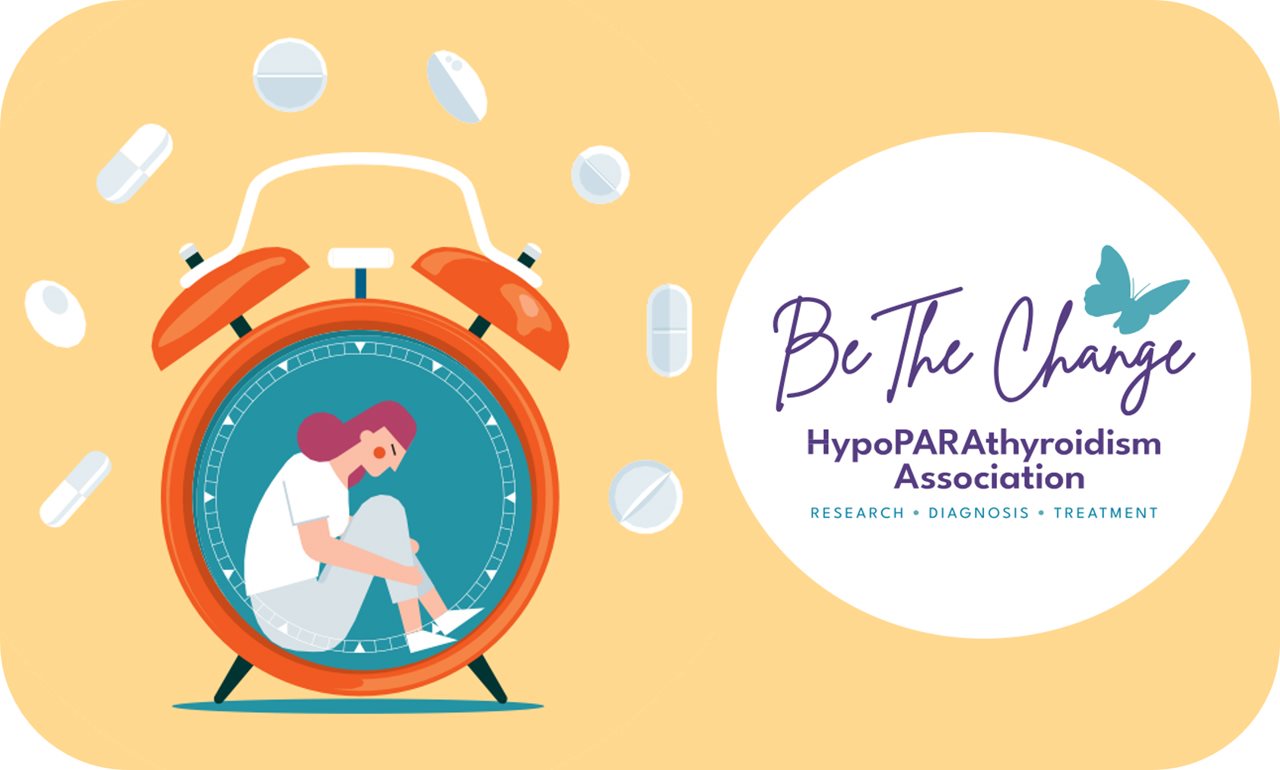World Hypoparathyroidism Day: How an Advocacy Organization is Driving Change to Transform Patients' Lives
(BPT) - This World Hypoparathyroidism Awareness Day, a global awareness and education event observed annually on June 1, the HypoPARAthyroidism Association (HPA) is calling for urgent change within the hypoPARAthyroidism (hypoPARA) community. Through educational and advocacy initiatives, we are committed to increasing the understanding of this rare disease, its management and its impact on patients and their families, ultimately improving patient care and outcomes.
What is hypoPARA?
HypoPARA is a rare endocrine disease in which insufficient levels of parathyroid hormone (PTH) lead to lower-than-normal levels of calcium and elevated phosphate levels in the blood. It most commonly results from damage to or removal of the parathyroid glands during neck surgery but may also be inherited and/or associated with other disorders.
A range of serious multi-organ complications are associated with hypoPARA, including kidney disease, cardiovascular disease and decreased cognitive function. As a result of these complications — and the additional risks that can present due to the current standard of care with high doses of oral calcium and active vitamin D — patients living with hypoPARA often experience a significantly decreased quality of life.
Because the current standard of care can only address some symptoms of the disease and not its underlying cause, patients are eagerly awaiting crucial new medications that restore normal levels of PTH. In the United States, hypoPARA remains the only endocrine hormone deficiency for which a hormone replacement therapy is still not broadly available.
Elevating patient voices
Patient surveys continue to reinforce the need for a new treatment paradigm, as seen in our recent Voices of HypoPARA 2.0 survey. Results from our survey found that only 10% of patients were happy with their current treatment option, with many stating they could better manage their condition and associated symptoms with more effective medications.
As the leading patient advocacy organization in the United States, our association was invited to share this data and stories of the severe impacts of the disease with the FDA during our patient-focused drug development session earlier this year. Our goal was to ensure FDA representatives and other key stakeholders understand the ongoing crisis this community faces and the substantial negative impact that the current standard of care can have on patients' lives.
In a continued effort to raise awareness and change how physicians think about and treat hypoPARA, we will also be participating in various educational panels at this year's Endocrine Society (ENDO) annual meeting — which coincides with World Hypoparathyroidism Awareness Day.
“We are grateful for the opportunity to represent the patient community to help elevate physician understanding of the significant burdens of living with hypoPARA,” said Patty Keating, Executive Director of the HPA. “Amplifying patients’ voices is crucial for making improvements in diagnosis and care.”
Hope on the horizon
Fortunately, there are new and promising hypoPARA treatment options on the horizon. We've seen momentum in the treatment landscape begin to shift and advance internationally, and we hope to see similar progress made in the United States soon.
For those living with hypoPARA, the rollercoaster of gaining and losing promising treatment options over recent years has been devastating. Yet, despite the unique challenges posed by hypoPARA, our community has not lost hope. Patients, caregivers and advocates are standing united in our vision for a future where treatment options are not just effective but also accessible and available to all in need. There's no reason for hypoPARA patients to suffer any longer.
Together, we hold the promise of better health and a higher quality of life for individuals grappling with hypoPARA. Together, we can Be the Change.
To learn more, visit hypopara.org or facebook.com/hypoPARAassociation/.







